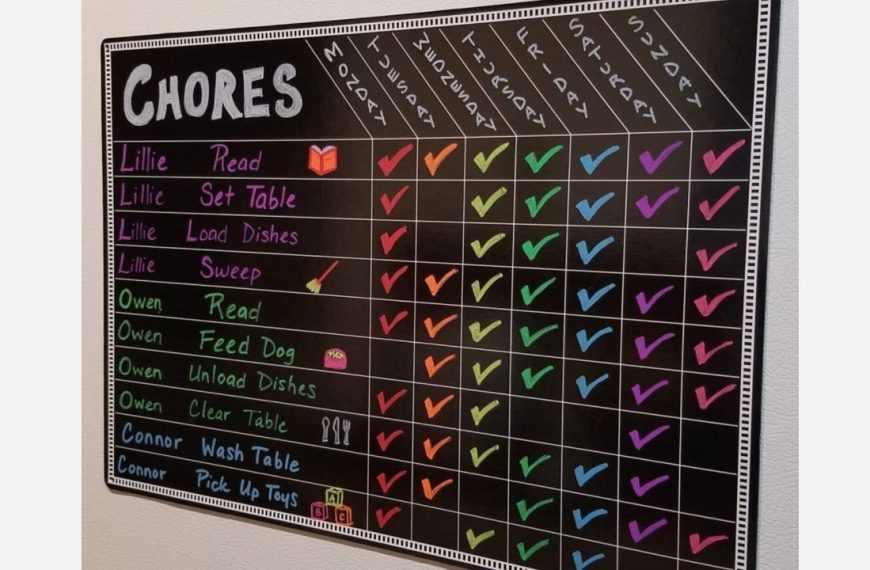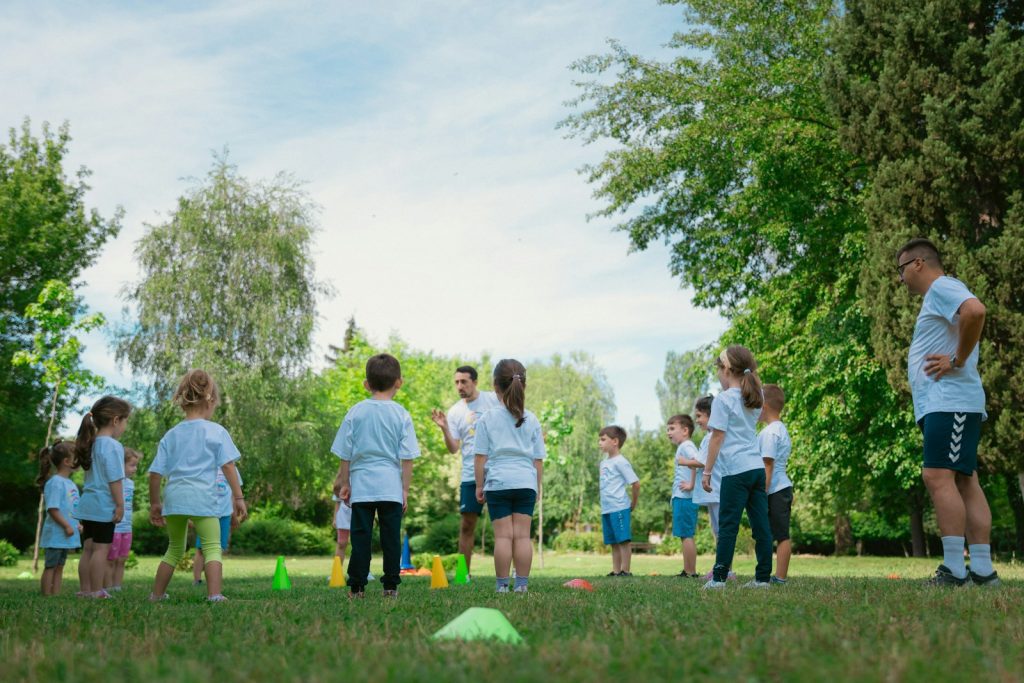Parenting today comes with new challenges and changes because of screens and digital technology. Many of the milestones you once expected to experience with your child now feel different or happen in unique ways.
Understanding how these milestones have shifted can help you navigate modern parenting with more ease and awareness. As you reflect on your journey, you’ll likely notice how the presence of screens has reshaped your family’s daily routines and interactions.
First Steps Explored Without Distraction
When your child takes their first steps, you have all your attention on the moment. There’s no screen pulling your focus away, so you notice every little detail—the way they wobble, their determination, and the smile that follows.
You can fully engage, encouraging your child with your voice and touch. This undivided attention helps you tune into their unique pace and personality as they discover walking.
Without distractions, these early steps become shared memories you both cherish, creating a deeper connection during this big milestone.
Learning Patience Before Instant Screen Gratification
You probably remember waiting your turn, standing in line, or watching a pot boil without the urge to check your phone. Patience was learned through everyday moments that didn’t offer immediate rewards.
Before screens, the delay between desire and satisfaction was natural. You learned to wait, sometimes for days or even weeks, which helped build self-control.
Today, it’s harder for kids to practice patience because screens provide instant entertainment and answers. Back then, waiting was just part of life, teaching you that some things require time and persistence.
Mastering Emotional Control Through Real Interaction
You help your child learn emotional control best through real, face-to-face moments. When kids interact directly, they notice feelings in others and practice managing their own emotions.
These moments build important skills like patience, empathy, and calmness. Without screens, your child relies more on reading body language and hearing tone, which are key for emotional growth.
Simple activities like talking through feelings or playing together give your child chances to try different responses. This hands-on experience supports their ability to handle big emotions in daily life.
Imaginative Play Without Digital Screens
You likely remember when your child’s imagination shaped their own adventures rather than apps or videos. Without screens, kids create stories, build worlds, and solve problems through play. This kind of play supports emotional growth and creativity in ways that screens can’t easily provide.
Encouraging your child to play without devices helps them learn independence. It gives them space to explore feelings and ideas on their own time. You can support this by offering open-ended toys and plenty of time for free play.
It’s normal to feel tempted to use screens for a quick distraction. But even short breaks from technology can boost your child’s ability to focus and think creatively.
Building Social Skills Face-to-Face
You watch your child learn social rules by playing directly with other kids. Talking, sharing, and reading body language happen naturally in these moments.
Face-to-face interactions help your child understand emotions and build empathy. You see their confidence grow as they connect in real time.
Without screens, distractions are fewer. You can guide your child gently through conversations and social challenges, making learning more immediate and meaningful.














